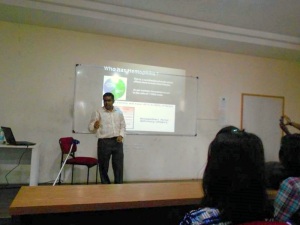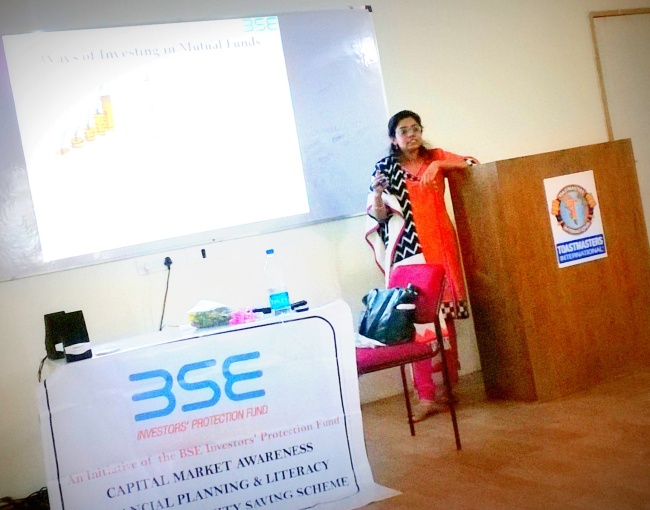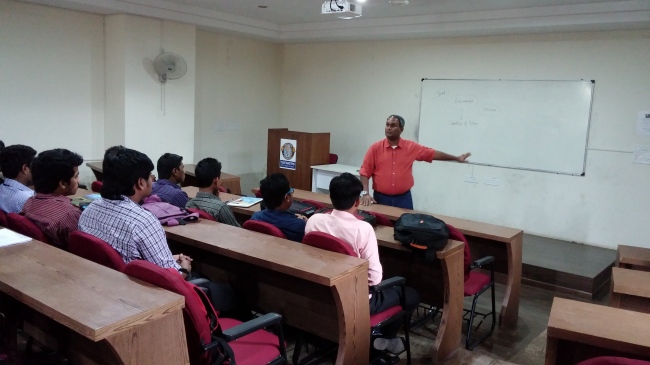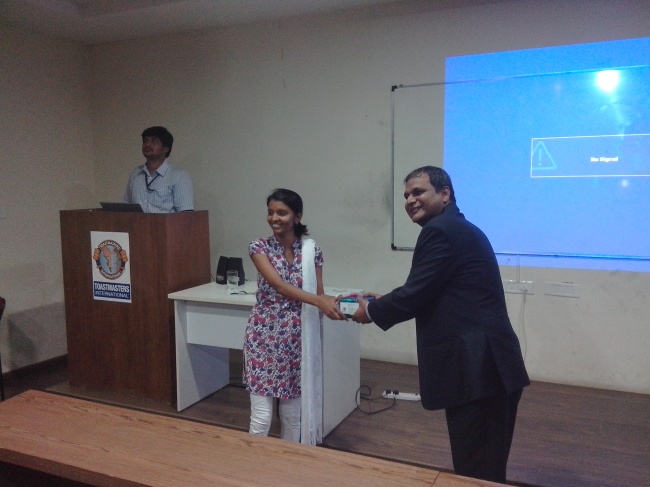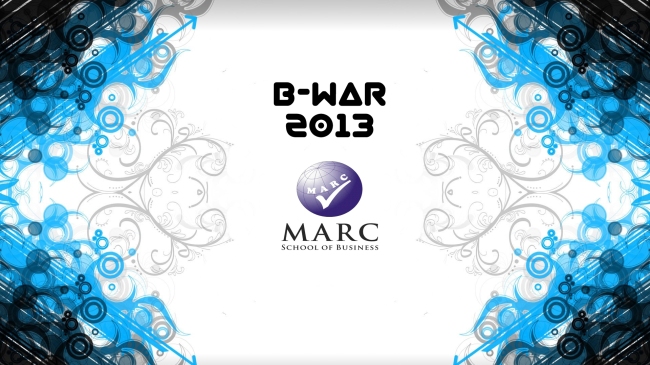 To enter the corporate world as a successful professional is the major purpose of every aspiring MBA student. However, what does professionalism actually mean and what prepares you to transform from just a “student” into a “professional”? Read on the following post to know this and much more…
To enter the corporate world as a successful professional is the major purpose of every aspiring MBA student. However, what does professionalism actually mean and what prepares you to transform from just a “student” into a “professional”? Read on the following post to know this and much more…
Not all employees are professionals! Professionals are the employees who are always considered for challenging roles, promotions, and rewards. Climbing the ladder of success step-by-step is not that easy. It requires true professionalism.
Life from a college is entirely different from the competitive corporate scenario. Therefore, how can an MBA graduate plan to face the world outside B-school where managers will replace classmates and meetings will replace classroom lectures?
How can you develop “Professionalism”?
We all know what important role does professionalism plays in career development and therefore wish to develop this vital characteristic. For MBA professionals, professionalism becomes even more important to fit into different managerial roles.
Though MBA colleges offering courses in various specializations prepare students to face the competitive job market, yet there is much more that you should work upon to ensure a 360-development of your career path.
There are several factors or rather “attributes” that result in a 360-degree development of an MBA graduate into a professional.
Some important attributes include:
- Competency
Competency is one important attribute that defines a professional. These people are reliable, competent, and understand the importance of delivering work on time. Scholars see competency as a unique combination of theoretical and practical knowledge, behavior, and cognitive skills. Moreover, professionals do not make excuses and are keen on finding solutions.
- Specialized Knowledge
To become a professional, one needs a specialized knowledge in the area of his work. A commitment to develop the required skills is important to cover the path from a student life to that of a professional. Some fields such as Finance, IT, Operations, and Computer Science demand specialized knowledge.
- Integrity
It is important that as a professional, you exhibit important qualities such as integrity and honesty. Honesty for professionals means never compromising on business ethics, values, and social responsibilities. As an MBA graduate, you may have all the knowledge of business practices and presentation skills, but important attribute like humbleness is not taught by any B-school. Such qualities need to be worked upon by you to handle things that fall outside your area of expertise.
- Self-Motivation
Professionals stay self-motivated and do not work only when someone pushes them. Real professionalism comes when you are self-regulated, and meet deadlines even under huge work pressure. Managerial roles in challenging industries such as finance and banking require professionals to deal with customers where one needs to face at times irate customers without getting upset. Hence, self-motivation is an attribute that you need to develop to become a professional.
- Accountability
With every job role comes responsibilities. Accountability is an important factor that presents the real side of a professional. A manager should be accountable for every word, action, and decision. No professional escapes from a situation where he has to stand for his action and its result.
Strategies to Build Professionalism
Now when you have a clear idea of the “attributes” that constitutes professionalism, the next step is to exhibit them. It is likely that you have one or the other factor in you. All you need to do is identify the other areas where you need to improve in order to become a true professional.
Strategies to become a true professional:
- Build expertise in your industry and focus on staying up-to-date
- Focus on developing (EI) Emotional Intelligence that is important to work with people
- Keep your promises made to anyone such as colleagues, clients, or boss
- Never make excuses for any mistake and be accountable for your work
- Be punctual and plan your work
Entering into a corporate environment from a carefree life of a student may pose several challenges to you. However, these attributes can be gradually developed with practice and can help you in your career progression.
Author bio:
Swati Srivastava is an avid writer and blogger who loves to share her knowledge and ideas on a wide range of educational and career related topics. Her articles are published on various reputed websites like Shiksha.com. Follow her on Google+



